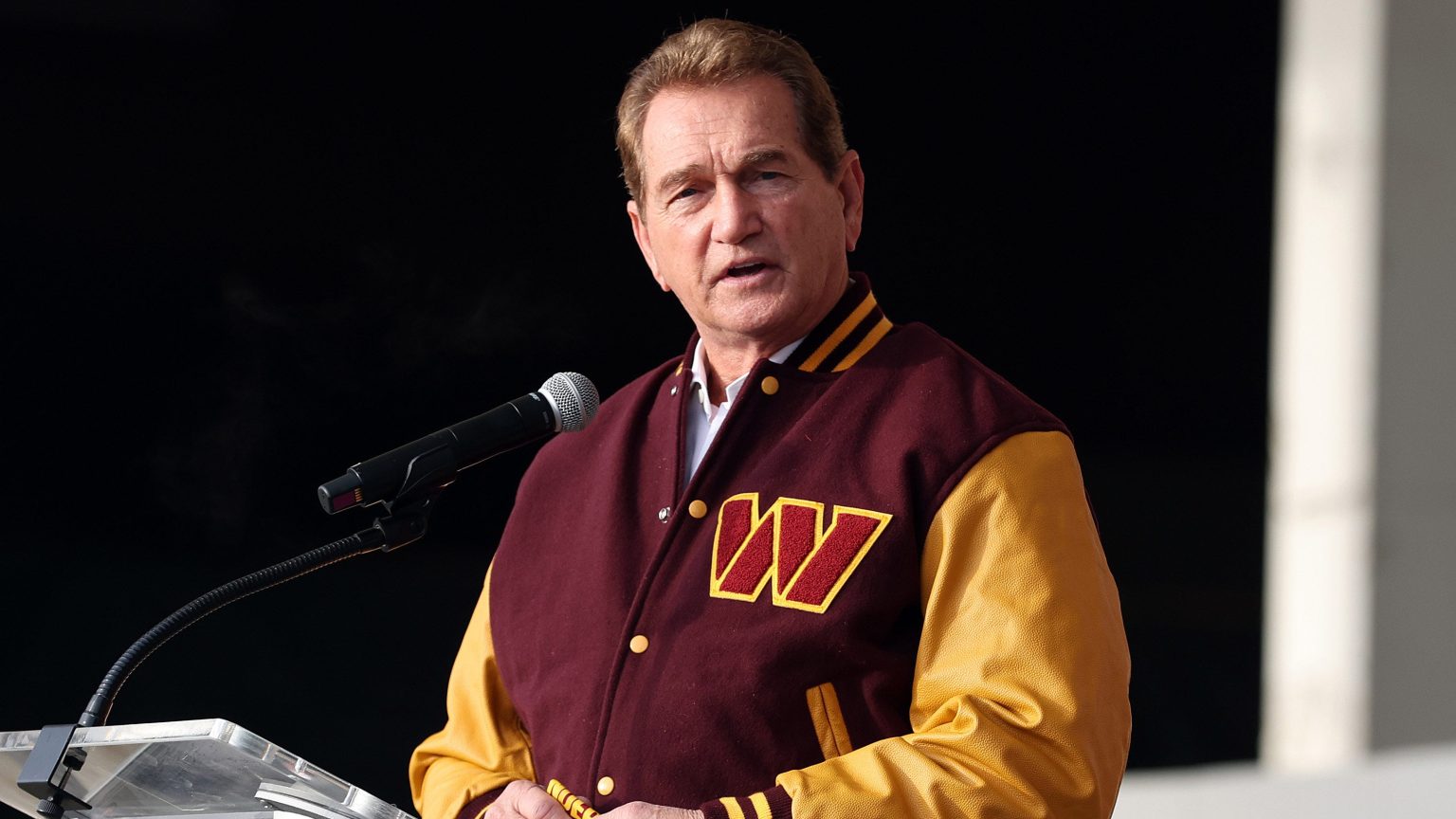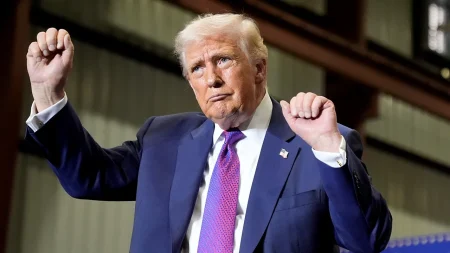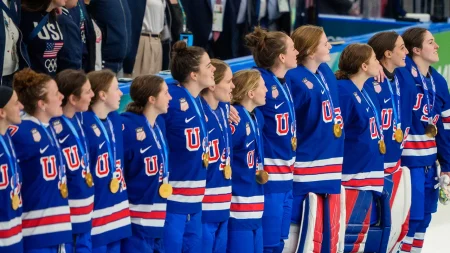Paragraph 1: A Touchdown of Generosity
On the eve of the 125th Army-Navy Game, NFL Hall of Famer Joe Theismann orchestrated a heartwarming display of gratitude for U.S. military veterans. Theismann, a Notre Dame alumnus who faced both Army and Navy during his collegiate career, arrived at the National Mall in Washington, D.C., not with a playbook, but with car keys. Partnering with USAA’s Recycled Rides campaign, Theismann, accompanied by fellow former Washington quarterback Robert Griffin III, presented two retrofitted vehicles to active-duty military families. Navy Seaman Matthew Walker received a 2024 Chevy Malibu from Theismann, while Army Specialist Caleb Dooley and his family were gifted a 2023 Chevy Equinox by Griffin. This act of generosity underscored Theismann’s deep respect for military personnel, particularly in light of the historic Army-Navy game anniversary.
Paragraph 2: The Rivalry Renewed
The 125th Army-Navy Game held special significance, not just for its historical context, but also for the compelling narratives of the competing teams. Army, ranked 19th nationally, entered the game as American Athletic Conference champions, fresh off a dominant 35-14 victory against Tulane. Navy, boasting an impressive 8-3 record and a remarkable 6-0 start to the season, posed a formidable challenge. The clash promised a thrilling spectacle, highlighting the dedication, discipline, and athleticism of both service academies. The historical weight of the rivalry, coupled with the teams’ strong performances throughout the season, created an atmosphere of anticipation and excitement.
Paragraph 3: A Presidential Presence
Adding to the momentous occasion, President-elect Trump and Vice President JD VanceConfirmed their attendance at the Army-Navy Game. This marked Trump’s fifth appearance at the game, having first attended in 2016 and then three times during his first presidential term. The presence of these high-profile figures elevated the game’s significance beyond the sporting arena, transforming it into a national event. The confluence of sports, military tradition, and political representation underscored the deep-seated cultural importance of the Army-Navy Game within American society.
Paragraph 4: A Controversial Guest
Vice President JD Vance’s announcement that Marine veteran Daniel Penny would join him and President-elect Trump in their suite sparked controversy. Penny had recently been acquitted of manslaughter charges related to the death of Jordan Neely on a New York City subway. The incident and subsequent trial generated national debate about self-defense, mental health, and race relations. Penny’s presence at the game, alongside prominent political figures, inevitably politicized the event further, raising questions about the appropriateness of his invitation in the context of the ongoing national conversation.
Paragraph 5: Theismann’s Tribute to Service
In an exclusive interview with Fox News Digital, Joe Theismann expressed the profound meaning behind the car giveaway. He articulated his deep admiration for military personnel, emphasizing the significance of the gesture on the eve of the historic Army-Navy Game anniversary. Theismann’s words resonated with the spirit of the occasion, highlighting the dedication and sacrifice of those who serve in the armed forces. The car presentation became more than just a charitable act; it transformed into a symbol of appreciation and respect for the men and women who protect the nation.
Paragraph 6: A Convergence of History and Headlines
The 125th Army-Navy Game transcended a mere sporting event, evolving into a confluence of historical significance, political undertones, and acts of generosity. The presence of high-profile figures, the compelling narratives of the competing teams, and the controversy surrounding Daniel Penny’s attendance created a multi-layered narrative. Joe Theismann’s gesture of gifting cars to military families injected a heartwarming element into the proceedings, reinforcing the game’s core values of service and sacrifice. This unique convergence of elements transformed the Army-Navy Game into a microcosm of contemporary American society, reflecting the nation’s complex interplay of sports, politics, and military tradition.















